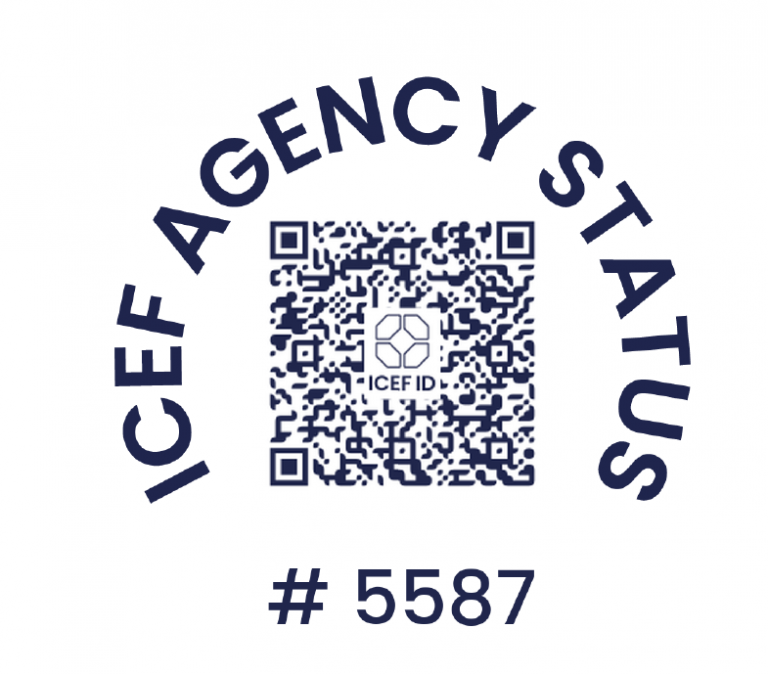Start Your University Journey – For UK Home Students

Choosing to return to education or apply for university is a life‑changing decision. Whether you are a school leaver or a mature student returning to study after time away, we are here to guide and support you every step of the way.
Supporting Students
We welcome and actively support students (aged 21+). Your work experience, life skills and personal journey are valued and recognized as part of your application.
Our dedicated admissions team provides:
- Advice on returning to education with confidence
- Assessment of previous study and work experience
- Support with personal statements and interviews
- Flexible guidance tailored to adult learners
It’s never too late to invest in your future.
Student Finance – What UK Home Students Need to Know
If you are a UK home student, financial support is available through Student Finance England.
You may be eligible for:
- Tuition Fee Loans to cover the full cost of your course
- Maintenance Loans to help with living costs
- Additional support such as grants, bursaries or Disabled Students’ Allowances (DSAs)
You only begin repayments once your income is above the repayment threshold, and repayments are based on what you earn. Our team can help you understand your entitlement and apply with confidence.
Preparing for Your Interview
Some courses require an interview as part of the application process. Interviews are supportive and designed to understand your motivation and potential.
To prepare:
- Review your chosen course and why it interests you
- Reflect on your education, work and life experiences
- Be ready to discuss your goals and future plans
- Prepare questions to ask the interviewer
We offer interview preparation support to help you feel confident and prepared.
The Application Process
Applying is simple and fully supported:
Step 1: Apply
Submit your application through UCAS or directly (where available).
Step 2: Review
Our admissions team reviews your qualifications, experience and personal statement.
Step 3: Interview or Assessment
Some courses may require an interview or additional assessment.
Step 4: Receive an Offer
You may receive a conditional or unconditional offer.
Step 5: Enroll and Prepare
Once accepted, we guide you through enrolment, student finance and preparing for your studies.
We’re Here to Help
From your first enquiry to your first day of study, our team is here to support you.
Take the next step today and unlock your future through education.
Email: All documents to info@globalallianceacademy.co.uk
